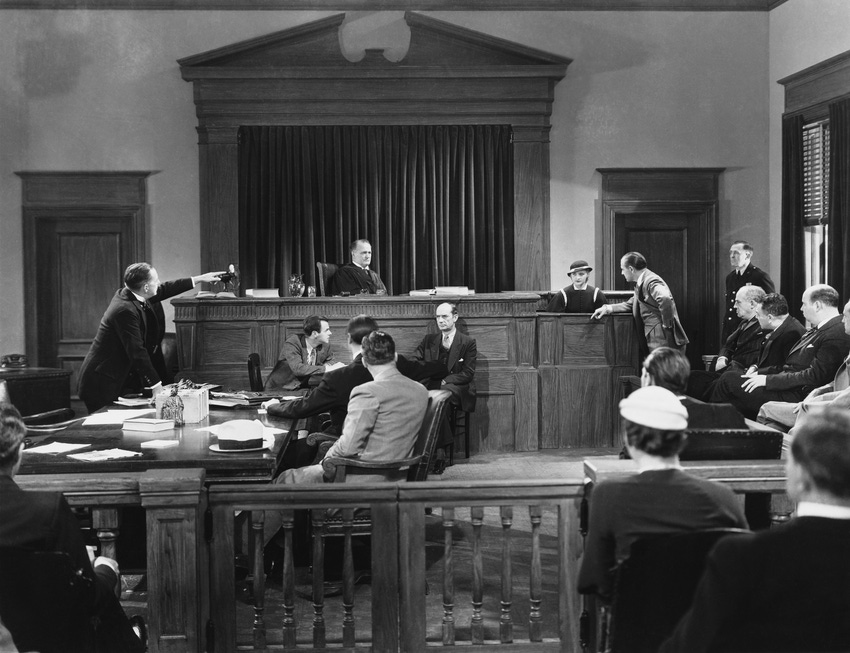A ruling in the US Supreme Court may force internet based businesses to collect sales tax in States where the company does not have a physical presence, killing off any advantage which may exist over brick-and-mortar businesses.
June 22, 2018

A ruling in the US Supreme Court may force internet based businesses to collect sales tax in States where the company does not have a physical presence, killing off any advantage which may exist over brick-and-mortar businesses.
The Supreme Court ruled 5-4 to overturn a law dating back to 1992, potentially offering states the opportunity to collect billions in sales tax from eCommerce. The ruling in question, Quill v. North Dakota, focused specifically on mail-order and catalogue purchases stating a business must have a physical presence in the state for purchases to be subject to sales taxes.
While the 1992 ruling has been used as precedent for many other decisions throughout the US, two years ago South Dakota challenged the precedent, passing a law which required any business which has more than $100,000 in annual sales or engages in 200 or more separate transactions, pay a 4.5% tax on all sales. The Quill v. North Dakota was brought to the Supreme Court by South Dakota as a means to reconcile its own law, with the latest 5-4 ruling set to cause chaos for the digital economy. While the individual states generally operate somewhat independently, there should be little surprise if the internet players start getting taxed from all directions.
In terms of justification, Justice Anthony Kennedy was quite plain when delivering the opinion of the court; times have changed and therefore so should laws.
As you can see from the above tweet, there are certainly some supporters for the move. President Trump has made no secret for his dislike for the Amazon business model, though only philosophical thinkers will be able to determine whether this is a hatred of eCommerce on the whole, or simply a distain for Amazon CEO Jeff Bezos. Amazon has been the focal point of Trump’s attacks to date, but the Supreme Court ruling will not be as laser focused; every eCommerce business will be hit.
Although not exactly the same, the effort to hold online retailers accountable to greater taxation is very similar to the work taking place in Europe to get the internet giants, such as Facebook, Amazon and Google, to pay more taxes in the European Union. The message across the world seems to be quite simply; we’re going to stop you from taking advantage of the grey areas in the law.
While the man on the street might revel in the thought of big business being held accountable, we suspect this elation might be short lived. The cost is likely going to be passed onto the consumer with goods increasing in prices to compensate for the extra tax. Trump and his cronies might preach about a victory for Americans, tackling injustice as crafty lawyers circumnavigate the murky waters of legislation and regulation, but ultimately the consumer will end up with less money in the bank account.
About the Author(s)
You May Also Like








.png?width=300&auto=webp&quality=80&disable=upscale)


_1.jpg?width=300&auto=webp&quality=80&disable=upscale)


.png?width=800&auto=webp&quality=80&disable=upscale)